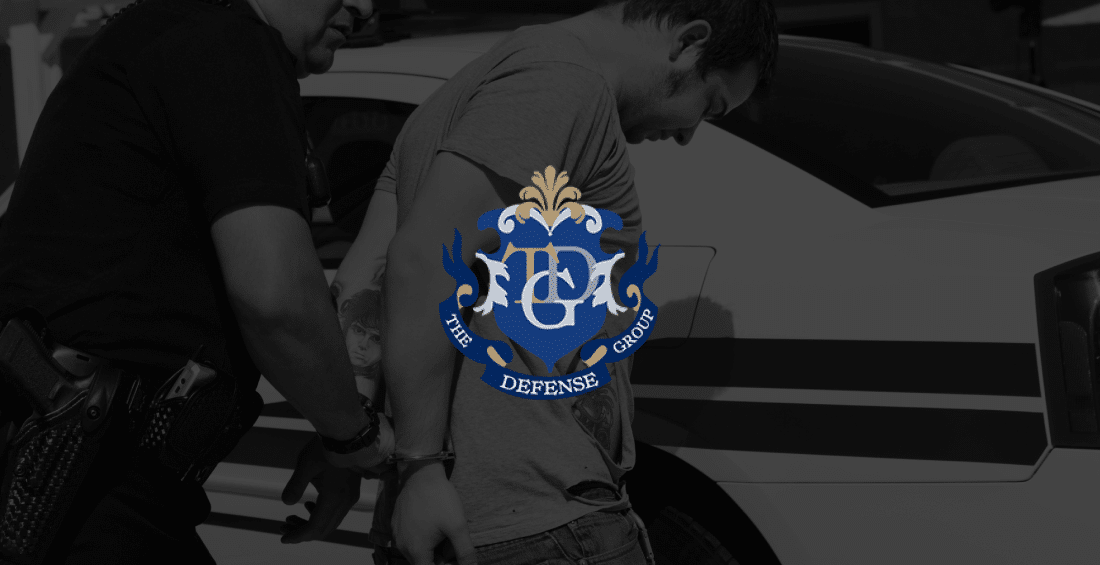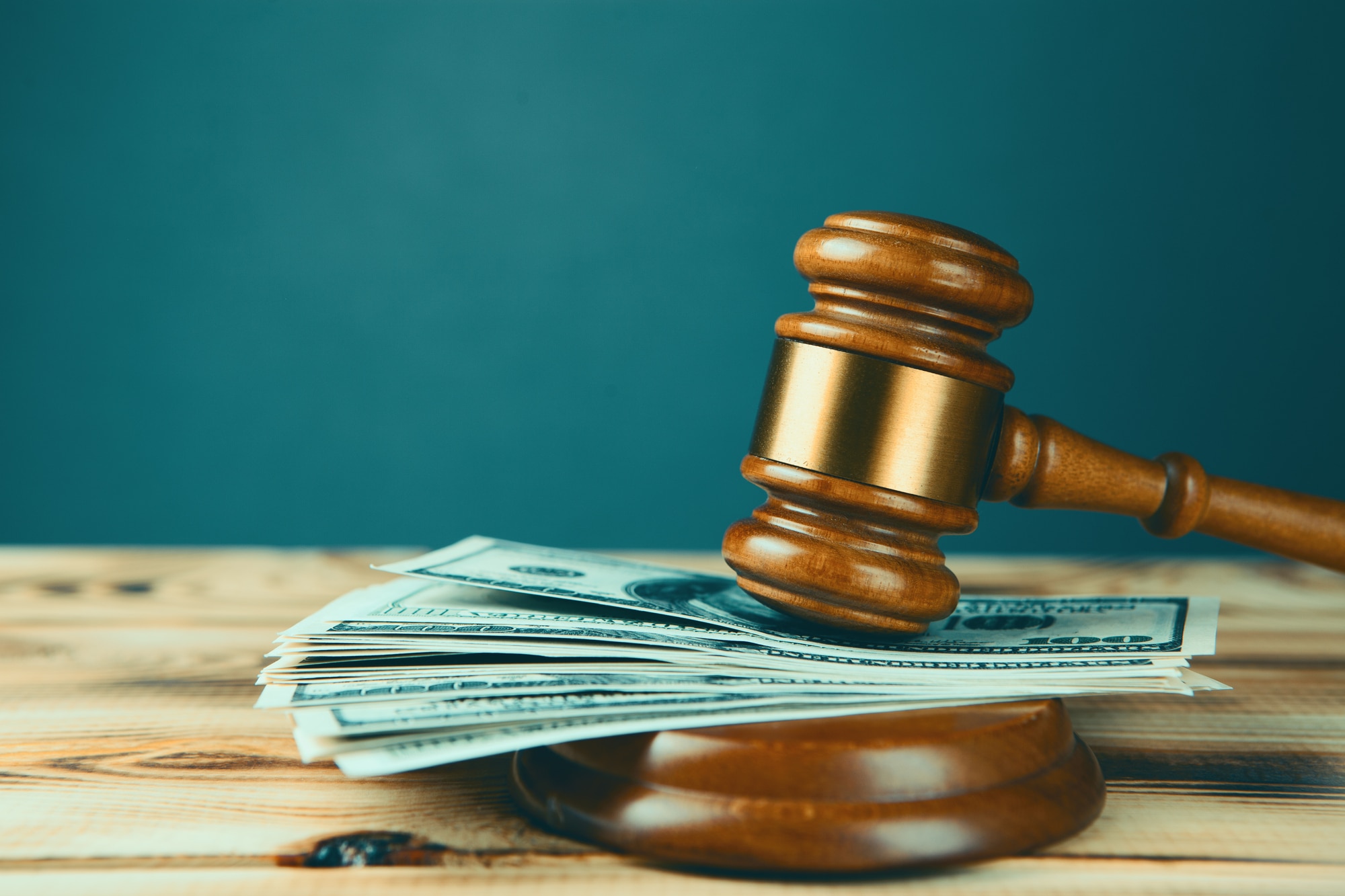Legally, marijuana is ranked as one of the least important drugs, and thus it carries some of the smallest penalties. On the other end of the scale are drugs like heroin, cocaine, methamphetamine and opiates, which are considered much more dangerous and carry much greater legal punishments. The two types of drugs that the The Defense Group considers “drugs du jour” (due to their relative popularity) are methamphetamines and analgesics.
Chapter 893 of the Florida statutes is a long and complicated statute that lays out the parameters of criminal drug use in Florida. Hundreds of different drugs are divided into separate Schedules, mush the way the federal drug statutes do. These Schedules are intended to prioritize drugs in terms of their danger and the existence of any medical or other positive use. Most importantly from the perspective of the criminal defense lawyer is the arrangement by the possible punishment.
Law enforcement has limited resources with which to enforce our drug laws. Accordingly, we have noted in recent years the emphasis on enforcement in specific areas. As to long term investigations, the production of methamphetamine in home labs has gained in importance. These labs themselves are dangerous, using highly combustible chemicals that create a risk of fire and explosions. The drug itself is one that destroys the user physically and can lead to death. Highly addictive and relatively inexpensive, it presents a real and present danger to those who come to be users. The law enforcement authorities are intent on securing maximum penalties on those who produce and distribute this homemade drug.
The other “drug de jure” mentioned above relates to the nation-wide epidemic in the abuse of opiate based pain killers. Twenty years ago, it was all about crack cocaine and heroin. Today both at the state and federal level the emphasis is on reducing the misuse of pain killers such as hydrocodone, oxycodone, hydromorphone, and so many others. These drugs are not easily manufactured at home as is the case with Methamphetamines. These drugs are manufactured by the large pharmaceutical companies. They are initially dispensed on prescription only. In many current investigations, physicians and pain clinics are facing criminal charges for overprescribing these analgesic drugs and even for conspiracy to distribute to people without the medical need for them. The number of deaths attributed to the overuse of these drugs each year has risen to the point that law enforcement has a zero-tolerance policy. Prosecutors are onboard, seeking maximum sentences, in an effort to deter participation by the players in the distribution chain that have the most to lose.
Unfortunately, most of the successful “enforcement” activity falls upon the end user. Many end users of these drugs began with a pain producing injury (for example in a car accident.) These are not people intending to engage in any criminal activity. Their physician prescribed these opiates for them to manage the very real pain from their accident. The patient became addicted and at the point in time where the pain should have subsided, it was too late. The patient (later to become the “Defendant”) was hooked. The addicted user now is faced with getting the medication he or she “needs” from a friend or someone in the business of selling these drugs illegally. All too often the user is in the wrong place at the wrong time and the police have the chance to search or otherwise discover the presence of these drugs without a current prescription. The “victim” of sloppy medical management now become the “victim” of circumstances, and also becomes a “defendant” and our “client.”
Whether you are charged with “mere possession”, sale, delivery, conspiracy, trafficking or importation, drug charges need to be aggressively defended by a team of experienced criminal defense lawyers. Conviction can result in fines, probation, jail, prison, loss of employment, loss of reputation, loss of a career, loss of civil rights (including the right to vote or own or possess a firearm), deportation if you are not a citizen, and other consequences.
Location:
The Florida Legislature has designated a number of areas as DFZ’s (Drug Free Zones.) The penalties for possession with the intent to sell, or for actual sale, delivery, manufacture, or conspiracy to do any of the above, ae dramatically increased. Depending on the drug involved, it can increase the offense category up to a first-degree felony, punishable by up to 30 years in prison with from 3-5 years designated as a “minimum mandatory” period of incarceration. The severity of your offense can be increased substantially by the location where you are found to be committing the offense. For example, if you are within 1000 feet of a church (any “place of worship”), a college or university, a school, a playground, a public housing facility, a convenience store (like a 7-11), a public “community center” or public recreational facility or pool, an adult assisted living facility, or a school bus stop.
How important is this? Get out a map of the city and county where you live, work, go to class and move about. Get out a protractor and place the point at the property edges of each of the Drug Free Zones described above. Draw a 1000-foot circle out from each point. If you are arrested for sale, delivery, conspiracy or even possession with the intent to distribute drugs anywhere in that area, you may be facing mandatory prison.
And it gets worse. The Florida courts have ruled that your intent to be within any of these Drug Free Zones is immaterial. It does not matter. You do not have to even know that you are within such a zone. So you can be stopped in your car as you drive down the street, and if the location where you are stopped turns out to be within 1000 feet (as the crow flies) to the property line of any Drug Free Zone, your offense can be upgraded to a prison-bound offense.
Nothing, by the way, prevents the police from timing the stop on your car or your walking route, so that they stop you inside one of these Drug Free Zones, in order to upgrade your offense. It makes no difference that you had no intention of committing any offense inside such a zone. Your presence and the measured distance controls.
If you happen to live within 1000 feet of any of these Drug Free Zones, and you are arrested for any qualifying offense in your own home, your charges can be upgraded.
This is complicated stuff, and the potential consequences are life changing. If you are arrested for any drug offense, you should contact an experienced criminal defense attorney at The Defense Group right away.
Call us at 407 743 8430 or 407-250-9557 to set an appointment for your FREE CONSULTATION.
CALL US NOW!
WE CAN HELP!!










